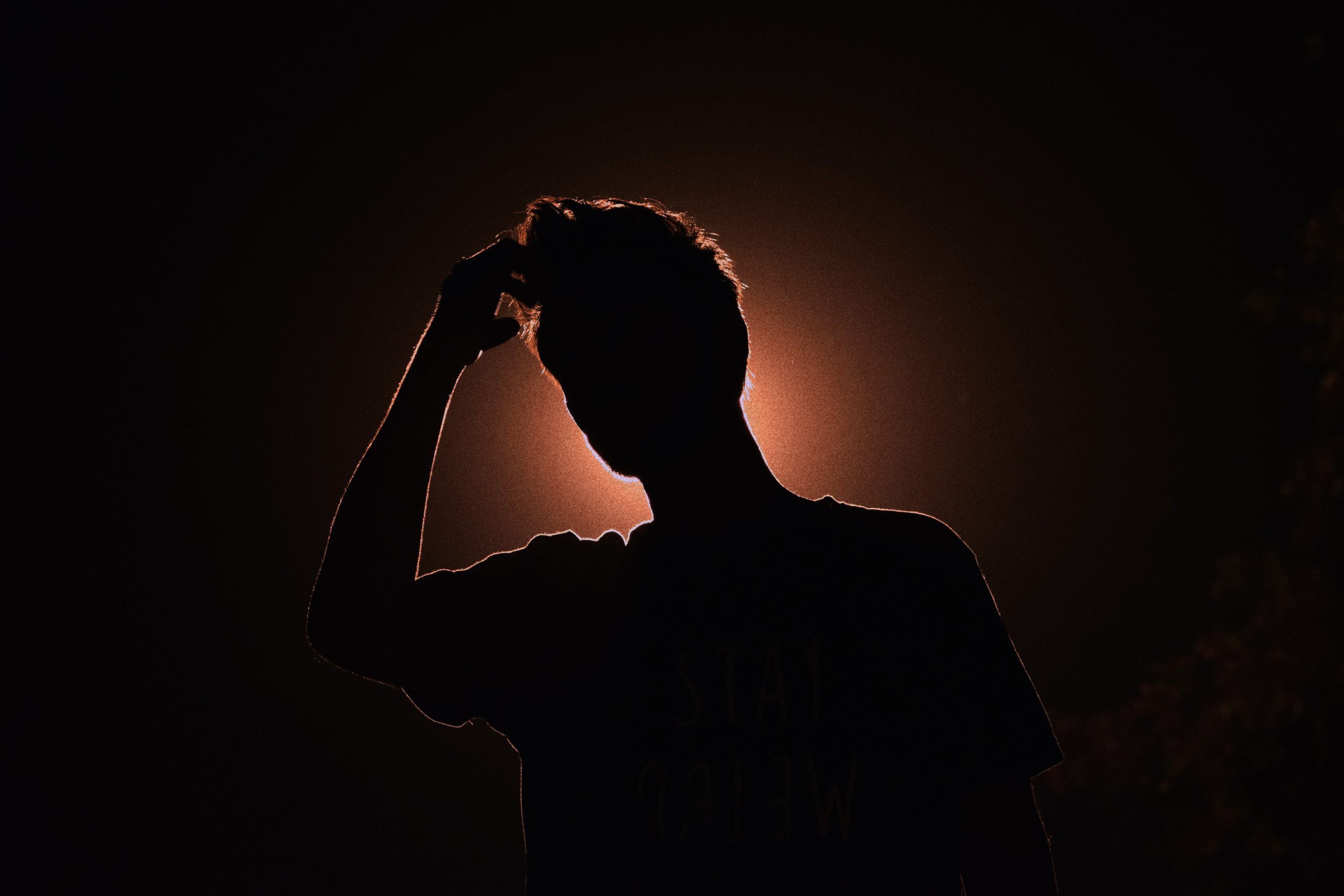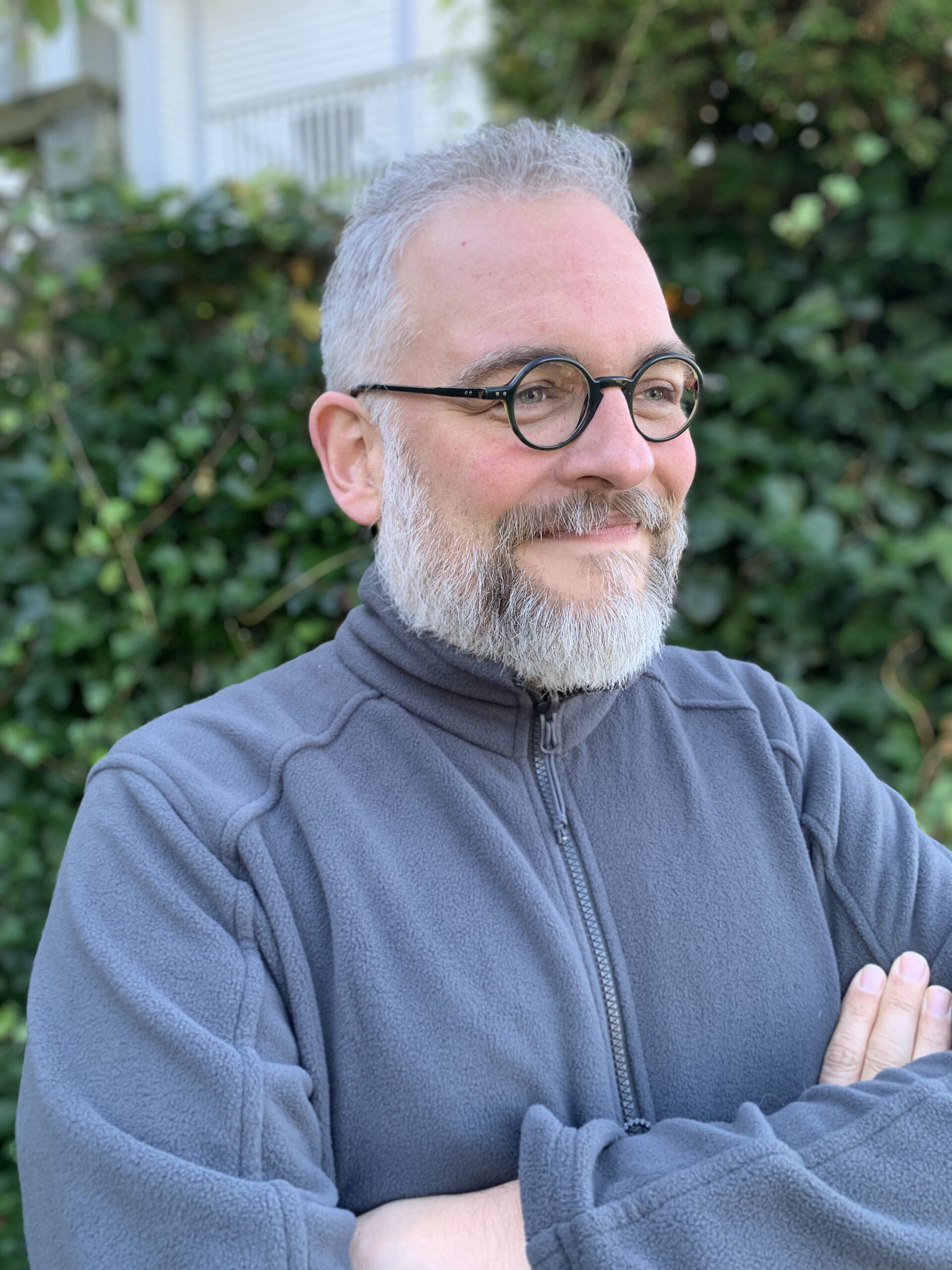In February, I had a mental health crisis: what we used to call a ‘mental breakdown’. As far as crises go, mine was pretty minor, but it was still enough to keep me off work for nearly three months. Months later, it sometimes doesn’t take much to put me back into a spiral of anxiety or depression. I sometimes tell people that it’s like I broke a leg. The cast may be off, but I still have rehab to work through if I don’t want to reinjure myself. It’s an ongoing process, but it’s one that a lot of people around us are struggling through, and one that we need to talk about.
I was in my office at the church, getting ready for our annual meeting, and I could tell that something wasn’t right. I was far more on edge than I should have been feeling from the simple tasks ahead of me. I finished up what I could do, and drove myself home. Not wanting to worry my daughter, I said I had a headache and was going to lie down. From about 12:30 to 2:30, I have no real memory. I didn’t go to sleep or pass out. I just remember Emily coming in to check on me, and being amazed that nearly two hours had passed.
‘Are you all right?’ she asked, and I could only say, ‘I’m really not.’ I cried, I rambled (she assures me that I wasn’t making nearly as much sense as I thought I was), and I had a full-on anxiety attack. The anxiety that had been smoldering just below the surface for some time burst into full flame. I struggled to breathe normally. I felt a hardness and tightness in my chest, as if my heart had turned to stone. People often mistake anxiety attacks or panic attacks for heart attacks. I knew this, and I knew that I wasn’t feeling pain radiating from my heart through an arm or other telltale heart attack signs. However, my body was screaming a message that my mind was only starting to be aware of: that anxiety had been building to the point that I could no longer manage it the way I had been, on my own.
The pandemic has not been good for people’s mental health. From initial fears of a deadly virus, to a series of lockdowns, to uncertainty as restrictions lifted, Canadians have faced a lot of anxiety over the last two years. We have worried about our jobs and livelihoods. We have worried about elderly or immunocompromised loved ones. We have watched as the flaws and weaknesses in the world which existed before the pandemic were brought into sharper focus, and as society hasn’t always understood how to do better in the future. And we have had to face so much of this in isolation, often without our full support systems of family and friends beyond our household bubbles or ‘Steady Twenties’.
As I broke the news that I would have to take some time off work for mental health reasons, I was often told ‘Good for you,’ or ‘I’m proud of you.’ People thanked me for being honest about the struggle. They started to share details of their own struggles with mental health. I knew that when I was ready to come back to work, I needed to use this platform to talk more about mental health in general, and about clergy mental health in particular. Over the coming months, I will share some of my story, in the hopes that it will help others who are struggling, or help them support their own clergy or loved ones.
Mental health struggles can seem overwhelming, but with help, they can be dealt with. One of the hardest parts is admitting that something isn’t right. If you or someone you know is experiencing a mental health crisis, you can get help by calling 811. More support and resources are available online at nl.bridgethegapp.ca.




